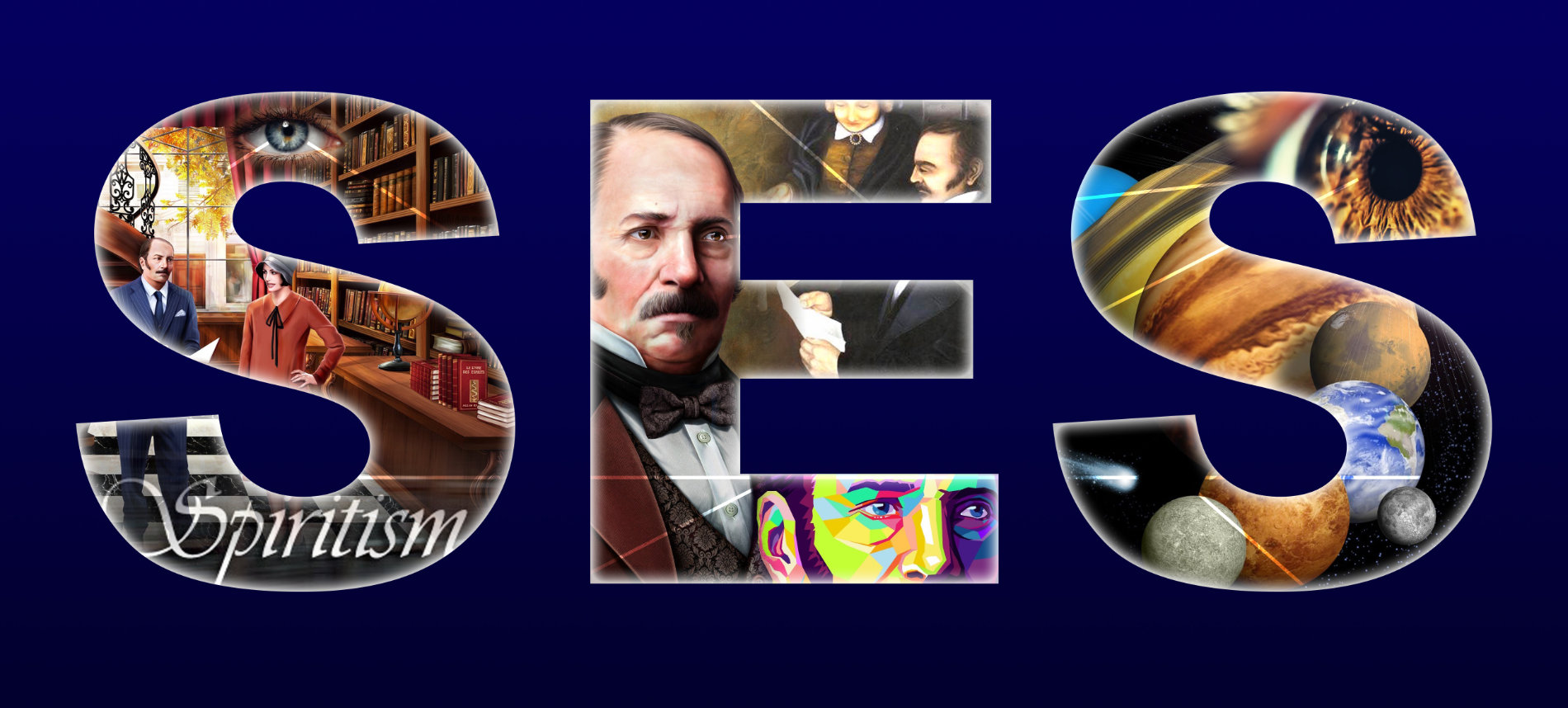This is a story that, not unlike many others, is set against a background of pain. Apart from one unusual element, it’s not very different from others because, no matter where they occur or what words are used to express them, human emotions share a common tongue.
It was winter in Paris. Night was falling quickly, and with it came a chill that cut to the bone.
Desperately a man walked the streets alone, his heart torn by the loss of the one person he had loved: his late wife. Losing her, he’d lost the very heart of life. How could he say goodbye to life and keep on living?
He, who had dreamed of conjugal bliss and a life blessed with the laughter of children, was now a desolate shadow upon the Earth. In him there was darkness where there had been light.
Sleepless nights had sapped his strength, and he dragged through his days in despair. When the quality of his work started to reflect his state of mind, his employer, a hard and bitter man, threatened to relieve him of his duties. Life lost all meaning.
“Why go on?” he asked himself.
Religion had no meaning to him. He decided to follow the same path that many others had followed before him when confronted by the death of a loved one — he would take his own life.
Paris, the city of lights, was covered in darkness, and a cold wind thrashed about him mercilessly.

Two Human Beings by Munch
As he continued walking slowly through deserted streets, he decided to stop for a moment and contemplate the river Seine. Perhaps, he thought, the strong current could sweep him away and silence his confused thoughts in its deep, dark waters.
“Yes,” he thought, “that would be a solution.”
Mesmerized, he approached the Marie Bridge. He could barely see it through the fog. He was bracing himself for the leap, placing his right hand on the stone wall lining the side of the bridge, ready to jump, when he felt something fall at his feet. Surprised, he realized it was a book dampened by the evening dew. A little confused, he picked it up and walked towards the dim light of a nearby lamppost. As he opened the book, his eyes fell on the inscription:
“This book saved my life. Read it carefully and make good use of it.”
It bore a man’s signature.
Though hesitant, he decided to read the book. After all, it seemed to have saved the life of someone who, like himself, had decided to end his own life.
And so it was that he found many reasons to live and to struggle, even in the first few pages of it. Reading further, he found that it was possible to bear life’s misfortunes with courage and resignation and find hope again, and that his pain was not without a purpose. Avidly, he went through the volume and realized that he needed to present it as a gift to the one who had produced such a treasure.

Melancholy by Munch
It was April of 1860, when on a cold morning like so many others in the city of Paris, Professor Rivail received a carefully wrapped package at his residence. He opened it and found a book and a note with the following words:
“Gratefully, I send you this book urging you to continue your mission of enlightening humanity. I have strong reasons to request this of you.”
The writer of the above message then narrated the story you’ve just read.
Allan Kardec opened the book and read the inscriptions on the first page:
“This book saved my life. Read it carefully and make good use of it.”
Underneath the first signature, which read “A. Laurent,” someone had written:
“It saved my life, also. May God bless the souls who contributed to its publication.”
It was signed:
“Joseph Perrier.”
Holding the book to his heart, Allan Kardec understood the vital importance of his mission. In compiling and organizing the books that established the Spiritist Doctrine, he was a messenger of comfort and hope to all humanity.
The novel book that had prevented two men from ending their lives had been published on April 18, 1857 under the title The Spirits’ Book.
Brother X
Automatic writing by Francisco Xavier



Recent Comments